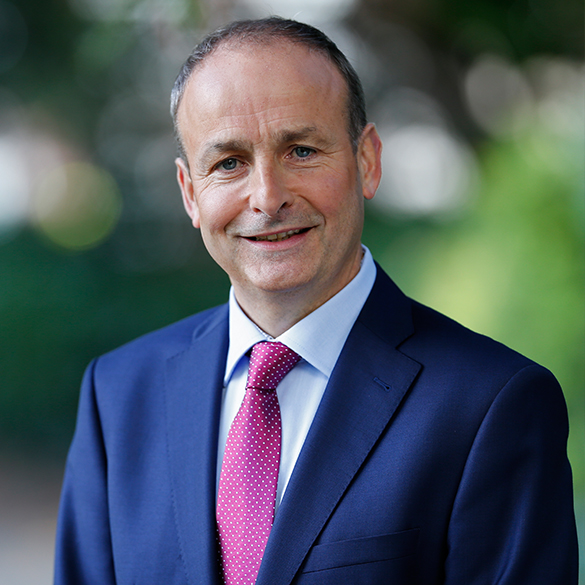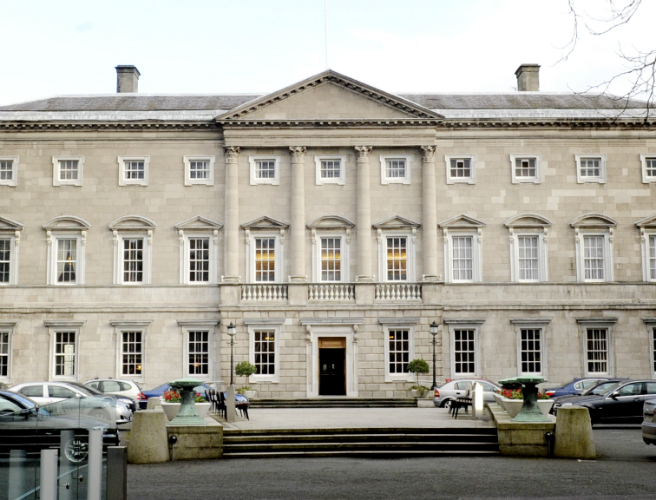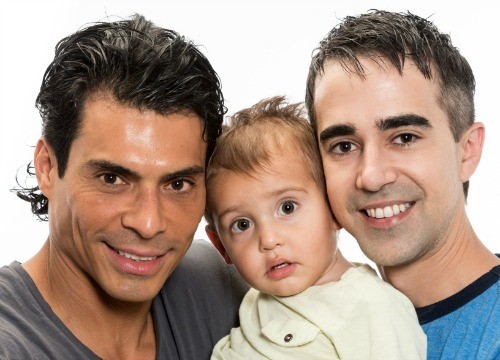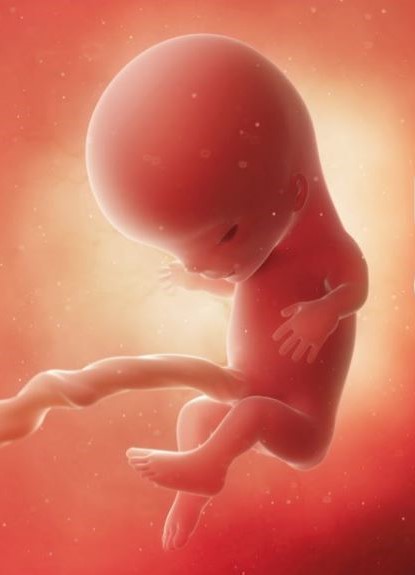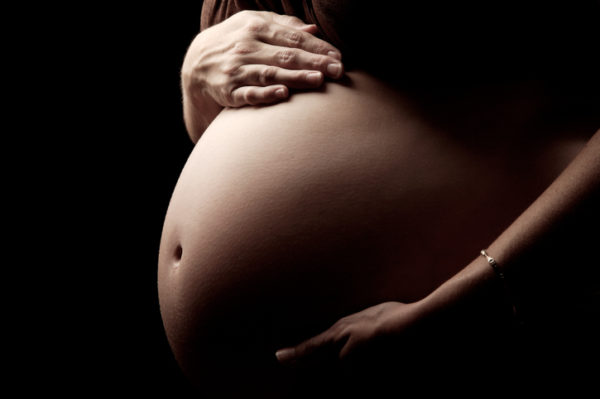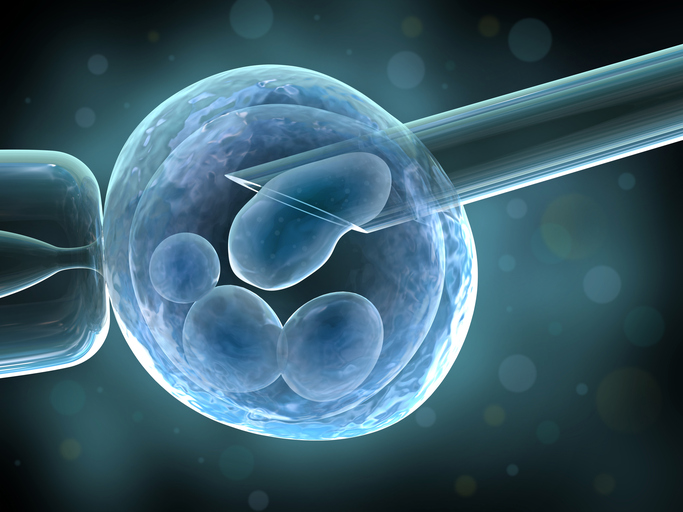Medical professionals who have a conscientious objection to providing abortions will be legally obliged to refer patients to pro-choice doctors, under legislation published by the Government on Tuesday. The Cabinet approved the heads of the Health (Regulation of Termination of Pregnancy) Bill, which provides for abortion in wide-ranging circumstances right up to birth.
The Bill does allow medical practitioners to conscientiously objection to executing abortions themselves. However, it also states that they must make “arrangements for the transfer of care of the pregnant woman concerned as may be necessary to enable the woman to avail of the termination of pregnancy concerned”.
Speaking after the Cabinet meeting, Minister for Health Simon Harris confirmed services for the termination of pregnancy “will be provided on a universal basis – so that cost is not a barrier for women to access these services”.
Responding to fears that persons recognised by the law as transgender men, but who are biologically female, might not have a right to abortion, it is understood Mr Harris has been advised the Bill will provide for trans people but is open to examining it further.
The Bill cannot be introduced in the Oireachtas until the legal challenges to the referendum result have been completed.

